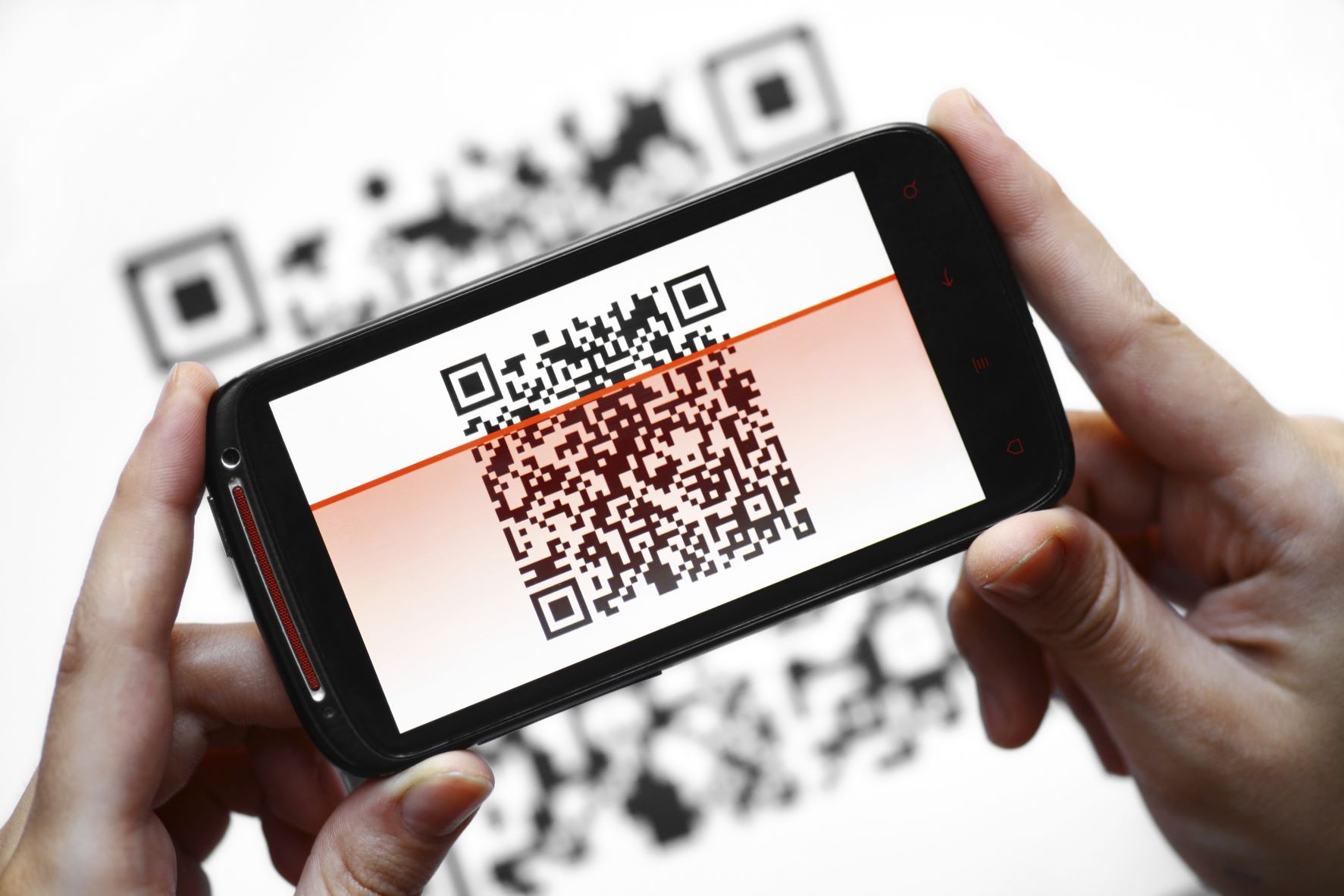
Smartphones and tablets are embedded in every aspect of our life; think about how personal devices can change – or, have already changed working environments and communication processes in companies. The hype over the BYOD (bring your own device) trend started years ago, yet it yields questions and predictions. Gartner forecasts that by 2017, half of the employers will require workers to supply their own device at work. Whether it’s good or bad for business, it’s happening – and logistics companies better be prepared for the changes.
Pros for BYOD:
1) Eliminates hardware costs. Since employees use their own devices, there is no need to buy corporate ones.
2) Offers flexibility and mobility for employees, with the opportunity to work at any time from anywhere. Employees can access corporate email and sign in to the company’s infrastructure from private devices, plus they can log-in during non-traditional business hours.
3) Keeps employees in constant contact with each other, partners and clients. Helps create an unbroken supply chain. Faster communication and mobile applications help workers do initial operations like track assets and execute transactions from their devices.
4) Creates an advantage over specialized devices and PCs. Operation systems are simple and user-friendly, devices are provided with a backup function, voice recognition, full keyboard capability, digital cameras. A lot of mobile applications and software offer specific functions for logistics, like barcode scanning and/or delivery tracking.
However, letting workers bring their personal devices to the workplace could cause pretty serious security concerns and control issues.
Cons for BYOD:
1) Issues in protecting data. A company has limited access to private devices and different platforms/OS. Lost or stolen devices could be a real threat to a company’s security, so some companies might consider a remote-wiping capability for their BYOD policy. It’s difficult to keep confidential information safe when the worker leaves the company or changes position.
2) The merge of personal and professional allows workers to have constant access to private contacts, social media, and game apps, which distract from work. Blackberry and Samsung provide different containers for personal and work data on their devices, but other devices don’t have this feature.
3) Too delicate for on-field conditions like DCs and warehouses. Extreme temperatures, bad weather, high damage possibility is not a friendly environment for consumer-grade devices.
Companies should create a BYOD policy that provides a competitive advantage and improvement in productivity. Employees can bring their devices to the workplace anyway, so why not be proactive and provide proper security tools for everyone. The BYOD policy should at least adjust what devices will be permitted, what the security plan is and what apps and software is acceptable.
For more supply chain management solutions, reach out to an expert at PLS Logistics. Our experienced team can offer you custom solutions, cost savings and a reliable network of carriers for all of your unique business needs.

